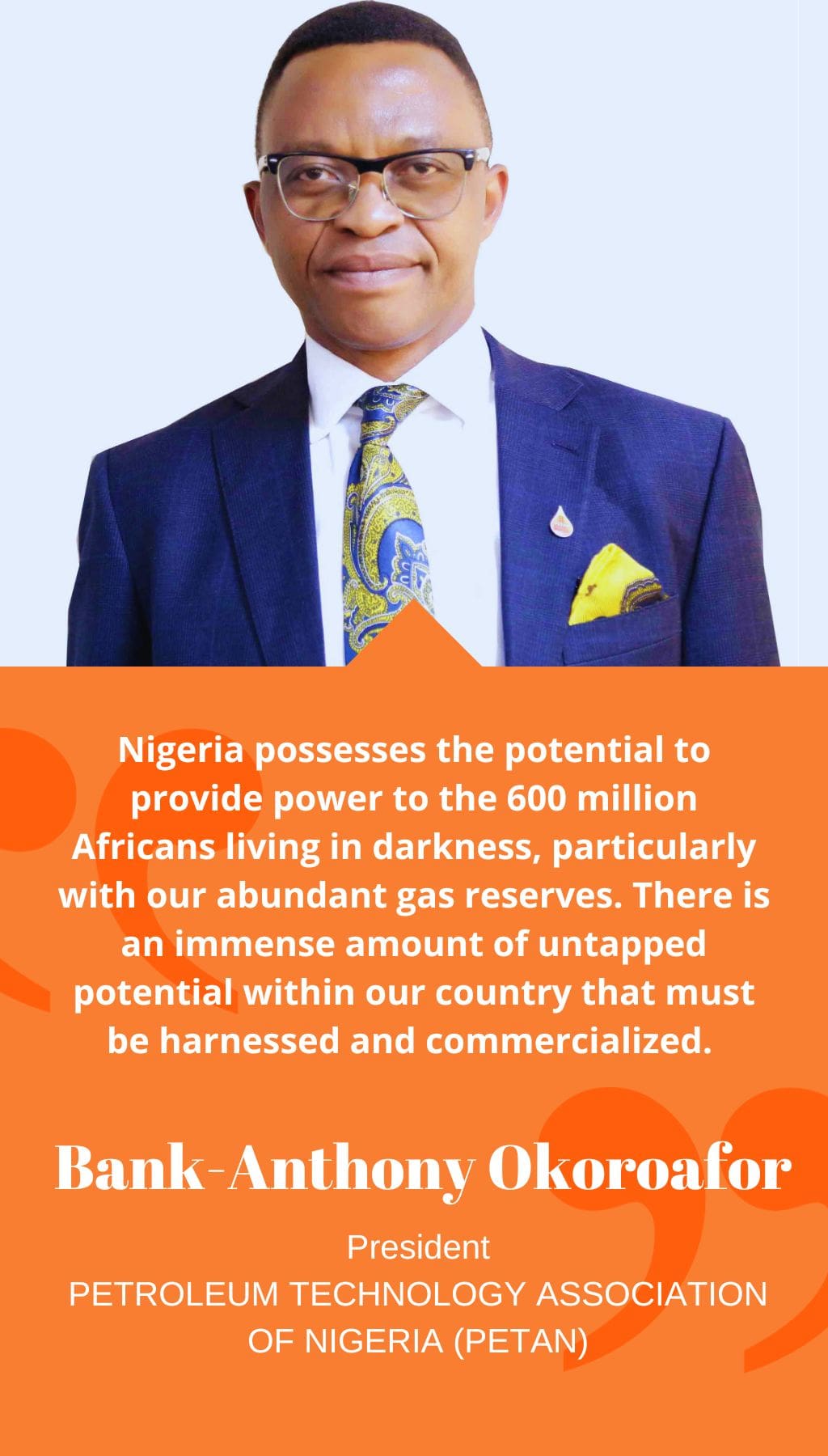
- Nigeria | 7 August 2020

How does PETAN contribute to the oil and gas industry in Nigeria?
PETAN, an association comprising more than 250 Nigerian entrepreneurs, has been playing a crucial role in the Nigerian oil and gas industry for the past 30 years. Our primary objective is to promote Nigerian content by supporting local companies in building their capacity and capability through equipment and personnel, while also exposing them to more opportunities. Since our establishment, we have witnessed a significant shift in the number of contracts being awarded to Nigerian companies throughout the entire value chain, as opposed to foreign firms. We encourage originality among our members, urging them to use their own systems and equipment. PETAN was instrumental in drafting the Nigerian Local Content Act, which has been a pivotal moment in the industry. Today, Nigerians own drilling rigs and 40% of marine vessels, thanks to the local content policy. Our focus is on nurturing homegrown entrepreneurs who operate at an international standard. As we celebrate our 30th anniversary this year, we have achieved a great deal, but we remain committed to working even harder as the global energy dynamics change to ensure Nigeria doesn’t get left behind.
What is the current state of exploration, and how can the government incentivize it?
Exploration activities by international oil companies (IOCs) have been limited, which has had negative consequences for the industry. One of the main reasons for this is the uncertainty surrounding the Petroleum Industry Bill (PIB), which has been in the works for the past two decades. To incentivize exploration, the government needs to take a definitive stance and compel all IOCs to undertake a minimum amount of exploration annually. Exploration is key to harnessing Nigeria’s vast reserves. With approximately 300 billion barrels of oil and 600 trillion cubic feet of gas, we have valuable resources that must be utilized. I am optimistic that the PIB will pass before the end of 2020, as there seems to be unprecedented collaboration between the National Assembly and the Executive office. The current laws are outdated, and the PIB will bring the much-needed clarity and stability to the industry.
Is privatization the answer to increase the efficiency of Nigeria’s state-owned refineries?
PETAN’s core values are rooted in Nigerian entrepreneurship, and we firmly believe that the government’s role should be regulatory rather than commercial. Privatizing the refineries is the best approach to ensure their profitability and efficiency. A privately-owned refinery will be driven by profit motives and a commitment to deliver returns on investment to stakeholders. With the imminent completion of the Dangote refinery, we anticipate increased privatization of the state-owned refineries, which will help improve their performance.
What is your vision for PETAN in the upcoming years?
PETAN recently launched the PETAN Seal of Quality and Competence, which will be used to regulate all service companies in the oil and gas industry, whether they are PETAN members or not. This initiative aims to enable companies to build competencies that will allow them to compete globally while increasing local content participation in the industry. The seal will differentiate portfolio-carrying companies from actual service providers, institutionalizing oil and gas service delivery. Companies will be categorized into various Trade Group Interests (TGI), with clearly defined capacity and competency levels. Obtaining the seal will indicate that a company has demonstrated key competences and capabilities in their respective TGI area. This structured approach will also facilitate the development of competences and capabilities for new entrants in the Nigerian oil and gas market. The sectors covered include fabrication and construction, electric wireline services, formation evaluation services, pipeline laying, pigging and maintenance services, and more. Additionally, PETAN will continue to promote a culture of originality and value creation by enhancing the knowledge of our members through conferences and training programs. We are also excited to launch our own facility in Port Harcourt, along with a dedicated oil and gas museum aimed at educating Nigerian youth about the industry. Furthermore, we have established a professorial chair endowment at the University of Port Harcourt to promote petroleum engineering studies, led by the renowned Professor Falade.
Do you have a final message for our international readership?
Nigeria possesses the potential to provide power to the 600 million Africans living in darkness, particularly with our abundant gas reserves. There is an immense amount of untapped potential within our country that must be harnessed and commercialized. We must transition from a rent-seeking economy to an engine of industrialization, where we add value to our crude oil through refining and petrochemicals and utilize our gas as a catalyst for economic transformation. By leveraging our resources and fostering a conducive environment for investment, Nigeria can play a significant role in powering Africa’s growth and development.














